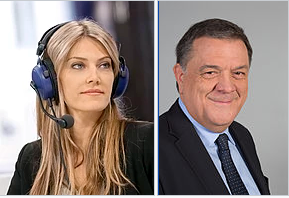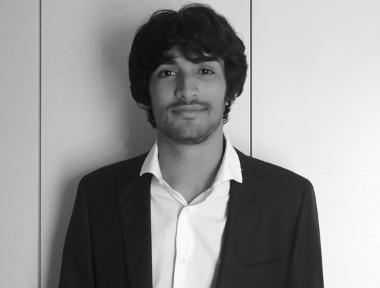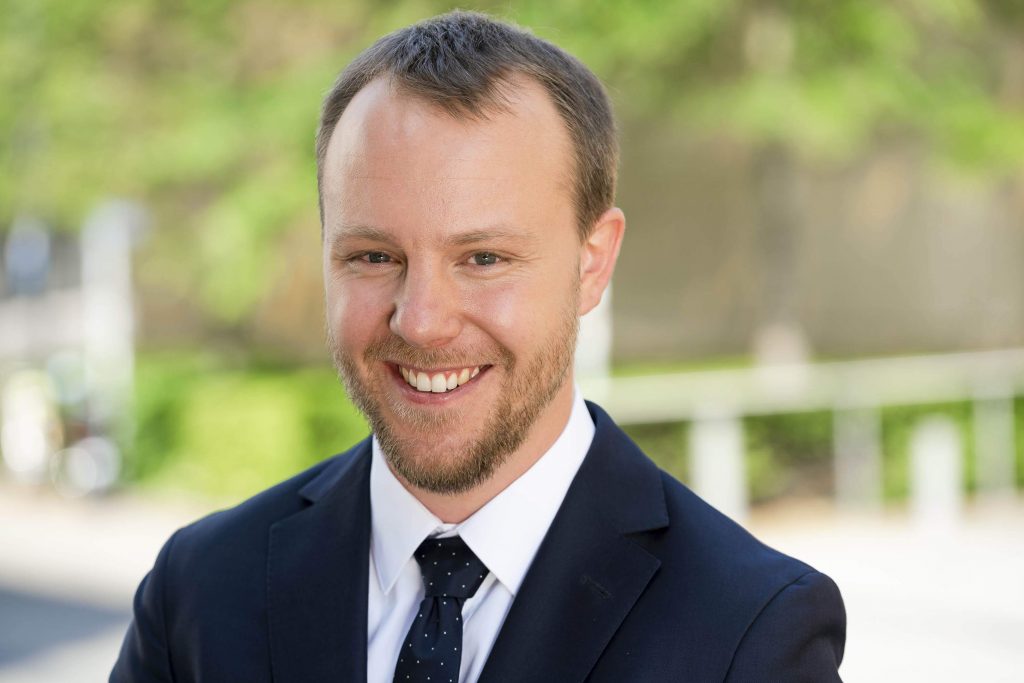Universal expressions of outrage are swiftly followed by calls for greater transparency.

On Friday 9 December, the Belgian police raided several offices and apartments of Members of the European Parliament (MEPs) and MEP’s assistance, as part of an investigation into alleged corruption in the form of bribe-taking. Several MEPs appear to be implicated, with a central role for (by now former) EP Vice-President Eva Kaili and MEP Antonio Panzeri, both of the Parliament’s S&D Group. The Belgian police confiscated several hundred thousand euros and arrested multiple persons.
The investigation has since led to a second wave of raids in which again hundreds of thousands of euros were uncovered, and which implicated at least one politician of another party (the European Popular Party). Furthermore, the goverments of Qatar and Morocco are widely mentioned to have been the behind the bribes, although they have denied this.
In the direct wake of this unfolding corruption scandal of unprecedented proportions, calls for far-reaching reform including greater transparency can be heard.
The very weekend of the first raids, professor of European law Alberto Alemanno wrote an op-ed in Politico in which he called for a broad range of new regulatory reforms, including the establishment of an independent EU ethics watchdog, the strengthening of lobbying transparency obligations to include MEPs’ disclosure of all their meetings, the inclusion of third country governments’ lobbying activities in the EU lobby transparency register, and the adoption of a strengthened EU Transparency Register, with a better-equipped secretariat.
Politico’s transparency reporter Sarah Wheaton in an article argues that the recent news appears like the chronicle of a scandal foretold, as financial oversight in the Parliament was already widely highlighted to be weak to non-existent. For example, the MEPs’ allowances schemes are characterised by complete opacity, while various seeming conflicts of interests are known to exist between MEP’s committee roles and lucrative side jobs that they are allowed to have.
On 15 December, the European Parliament itself reiterated in a resolution on ‘the broader need for transparency and accountability in European institutions’ its earlier call for the establishment of an independent Ethics Body, while Commission President Von der Leyen joined the call for the swift introduction of legislation towards that end. Previously, the European institutions proved lukewarm to the idea at best, with years of calls going unheeded. On the same day, France24 recalled an op-ed from 2017 by another S&D MEP, Jo Leinen, in which he claims that the EU is ‘becoming a role model of transparency’, and highlighted a previous corruption scandal, the ‘fake lobbyists affair in which undercover journalists posed as Russian businessmen successfully seeking to bribe MEPs.
And in a most recent contribution to the debate, European Ombudsman Emily O’Reilly in the EU Observer underlines the loss of trust that the scandal engenders. She argues that at the root of the problem is the system of self-policing at the heart of all of the Parliament’s ethics rules. She calls on the Parliament to take “strong, concrete, and lasting action” to restore the public’s trust.
As dust settles and the Belgian criminal proceedings unfold, the extent of the political fallout and the real regulatory consequences remain to be seen. One major question in the regard involves the (apparently) non-existent role of OLAF in uncovering the momentous scale of the scandal. In addition, while member states seek to politicise the event to their advantage, their own institutional inaction may also deserve to be held to the light. Up until now, Council members have resisted any lobby disclosure obligations directed towards their Brussels-based delegations, which lobbyists are known to frequent. As the European Ombudsman argued today, ‘Qatargate’ is what happens ‘when a weak anti-corruption system meets a strong desire to corrupt’.



